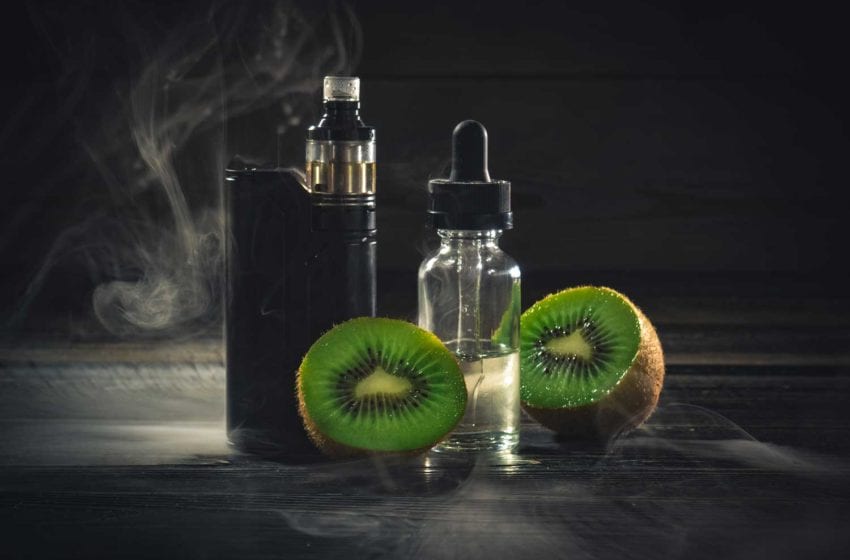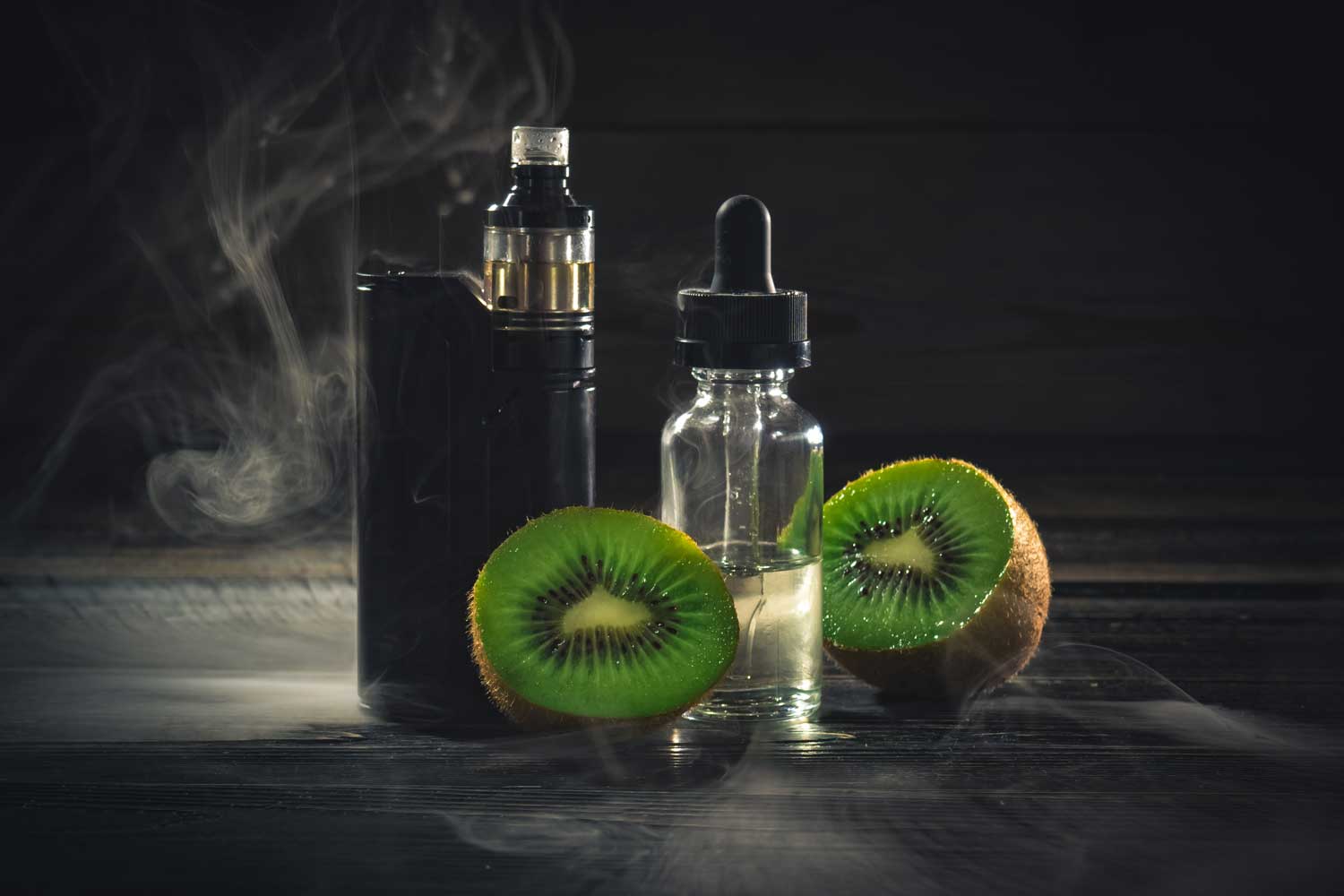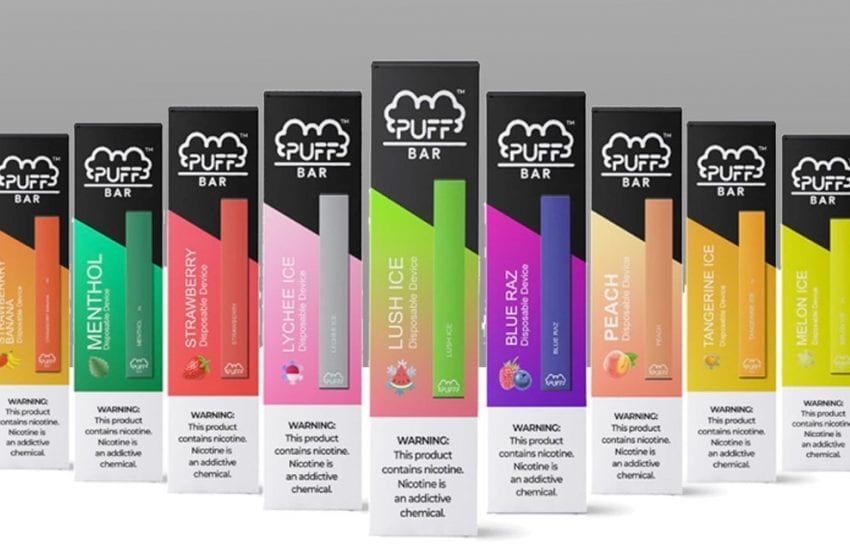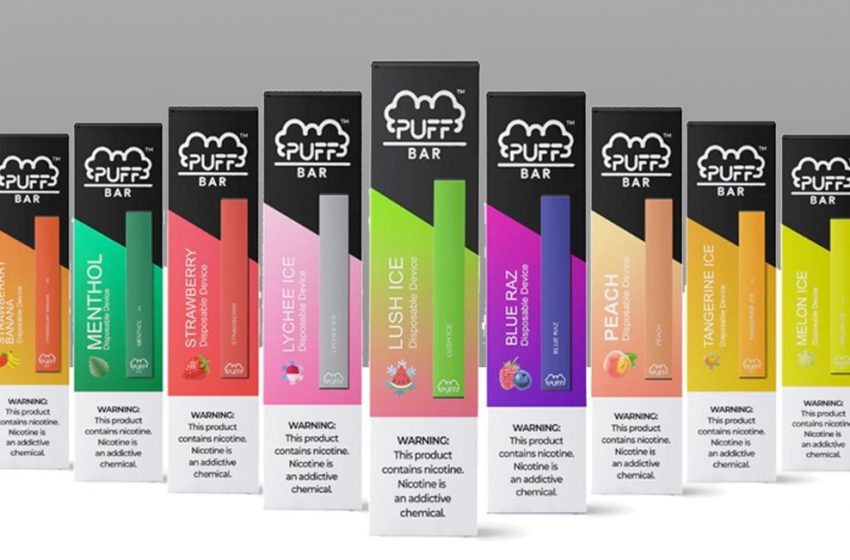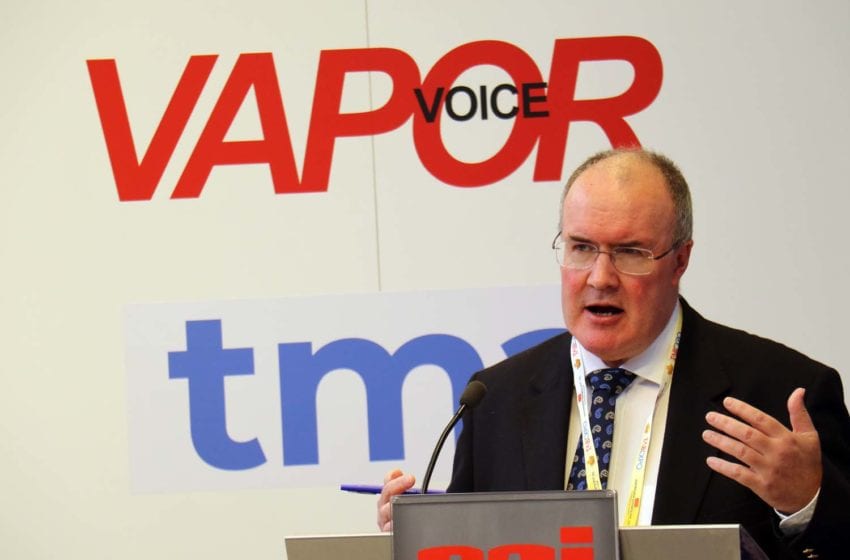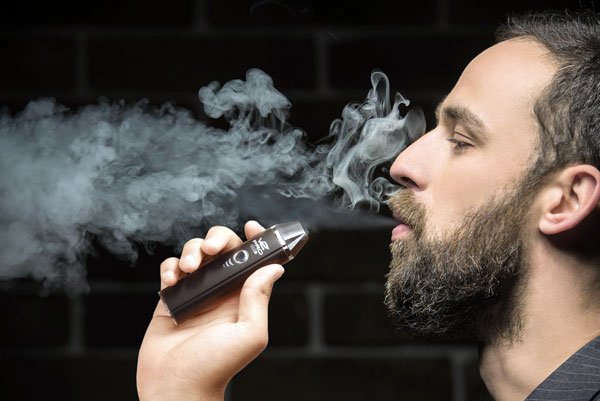
Lawmakers have called on the U.S. Food and Drug Administration (FDA) to take e-cigarettes temporarily off the market during the pandemic, citing a new study suggesting that vapers are significantly more likely to contract Covid-19.

“If we reduce the number of vapers in America, we will reduce the unnecessary stress we are putting on our testing system,” Representative Raja Krishnamoorthi wrote in a letter sent to the FDA by the House Committee on Oversight and Reform’s Subcommittee on Economic and Consumer Policy. “People should not have to wait weeks for Covid-19 test results—removing the risk posed by vaping will help.”
Researchers at the Stanford University School of Medicine found that among young people who were tested for the coronavirus, those who vaped were five times to seven times more likely to be infected than those who did not use e-cigarettes.
The study, which was published online Aug. 11 in the Journal of Adolescent Health, is the first to examine connections between youth vaping and Covid-19 using U.S. population-based data collected during the pandemic.
“Young people may believe their age protects them from contracting the virus or that they will not experience symptoms of Covid-19, but the data show this isn’t true among those who vape,” said the study’s lead author, Shivani Mathur Gaiha.
“This study tells us pretty clearly that youth who are using vapes or are dual-using are at elevated risk, and it’s not just a small increase in risk; it’s a big one,” Gaiha said.
Remarkably, the researchers did not find a connection between Covid-19 diagnosis and smoking conventional cigarettes alone, perhaps because the prevalent pattern among youth is to use both vapor devices and traditional cigarettes. Other research has shown that nearly all nicotine-using youth vape, and some also smoke cigarettes, but very few use cigarettes only.
In addition to warning teenagers and young adults about the dangers of vaping, the researchers said they hoped their findings will prompt the FDA to further tighten regulations governing how vapor products are sold to young people.
“Now is the time,” said senior author Halpern-Felsher. “We need the FDA to hurry up and regulate these products. And we need to tell everyone: If you are a vaper, you are putting yourself at risk for Covid-19 and other lung disease.”

Vaping advocates expressed concern about the study.
“While we welcome any research which can assist people in staying safe during the Covid-19 pandemic, the UKVIA [U.K. Vaping Industry Association] is disappointed by the Stanford-led study, which appears to dismiss the vital harm reduction role of vaping for smokers and draws disproportionate conclusions,” said John Dunne, director at the UKVIA.
Insisting there is no scientific evidence linking smoking and vaping with Covid-19, Dunne said the UKVIA was looking forward to seeing the peer review of the Stanford study.
“It is also somewhat reckless in stating that vapers are putting themselves ‘at risk of Covid-19’ by vaping,” he said. “Vaping products are designed only for smokers and ex-smokers to help them quit conventional cigarettes, which is the most positive action someone can take to improve their health.”




